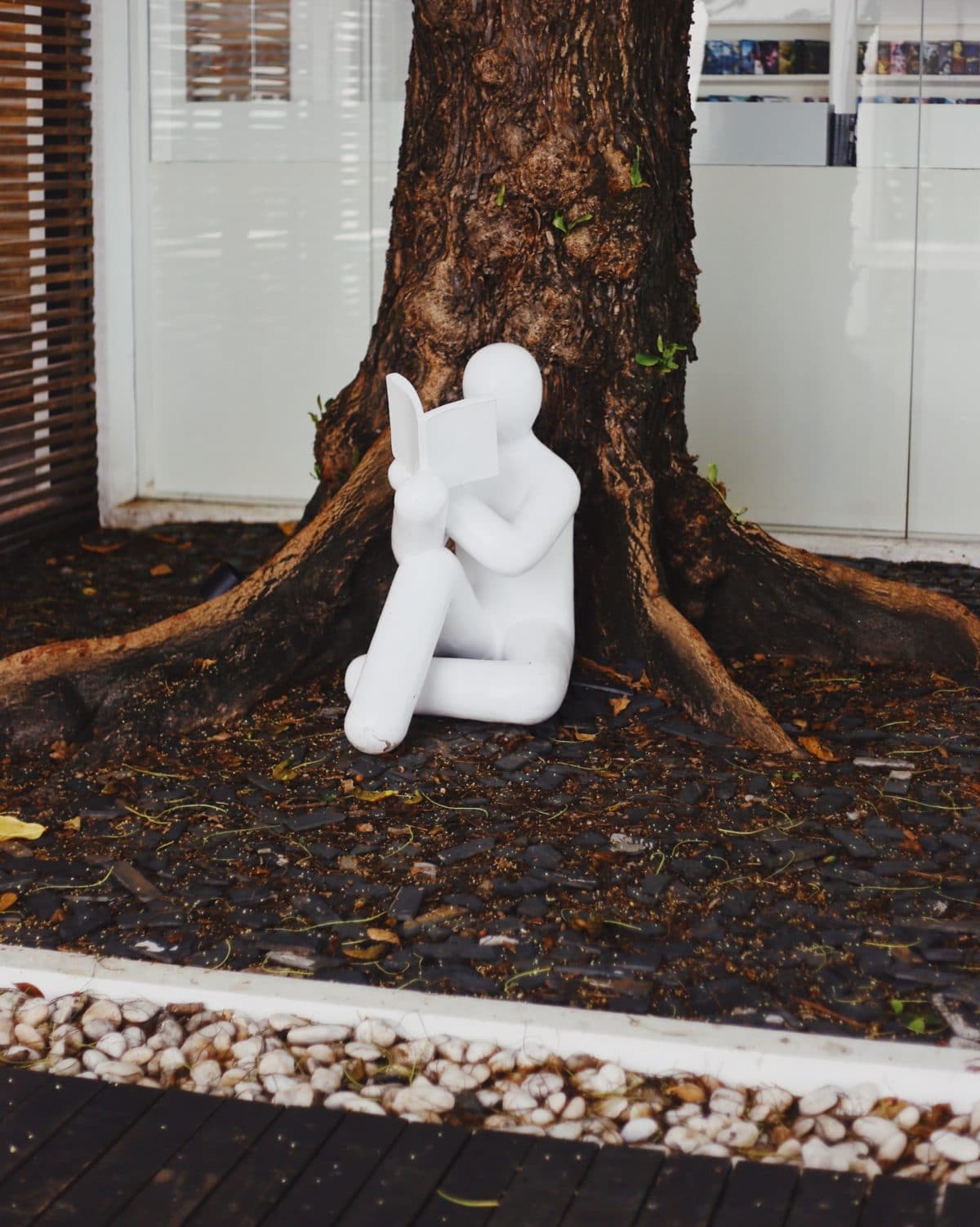Firmly Rooted

We dare to imagine a world in which people are equipped to collaborate to successfully shape the health ecosystem of the future.
There is an awful lot of thought behind the mission of Salem Oaks. I’d like to take a few minutes to pull it apart and offer what we believe are the key elements.
“We dare to imagine a world…”
It is clear to us that this world is not yet a reality. In all the conversations we have had over nearly two years, there is general agreement that our current healthcare system is nowhere near optimal. Outcomes lag other nations while costs outpace those same countries. Information is not consistently shared, and data has become a marketable commodity. New therapies are being developed but patients and insurers (and even countries) may not be able to afford them. There is much work to be done.
“…in which people are equipped…”
We believe that everyone involved needs to have the tools, information, and opportunities to contribute to the discussion. This should occur at the individual patient level, the institutional level, and the societal level. Additionally, even the most educated among us are still going to need to learn to contribute by working with others outside their bubbles of expertise. New skills are required to communicate and converse across traditional boundaries of authority, privacy, intellectual property, and culture. Not everyone needs to learn the same thing, but every one of us needs to learn something new.
“…to collaborate…”
In today’s world of free information flow, collaboration is not optional. The expanse of human knowledge is growing too fast for any individual or small group to keep up. Working together, we can share our individual knowledge to create a greater whole. However, this means we need to manage our differences and learn to try to understand (and adapt with) each other’s perspectives. We are a society that values self-starters, self-made men and women, and independence. We need to learn to rely on each other and reward collective success.
“…to successfully shape…”
The current system is flawed, but it is not static. Healthcare is constantly changing and adapting. We have the responsibility to guide these changes into a new and better system. It will not do so on its own. Like potters to clay, we need to apply pressure where needed to achieve the results we want. However, healthcare is too complex to shape with simple unilateral pressure. It will take concerted effort toward a single vision.
“…the health ecosystem of the future.”
We see the system changing from an emphasis on treating sickness to an emphasis on helping people stay healthy. We see this as a living organism that constantly adjusts to the pressures put on it. Like an ecosystem, all the components need to find a balance that allows each of them to thrive. Like an ecosystem, this balance is likely to be fragile, so there will need to be incentives to protect it.
Health(care) Literacy
One of the first keys to solving this puzzle and realizing the world we imagine is to improve basic health and healthcare literacy. There has been a lot written about the poor state of health and healthcare literacy in our nation and the reasons why this is so.
We believe that in the complex healthcare system, there are many groups of stakeholders that have lost the ability to communicate with each other. There are conversations that must happen between dozens of dyads of these stakeholders; patients with doctors, doctors with insurers, insurers with health systems, health systems with patients, industry with health care providers, and so on. Across each dyad there is a gap in perspective and language (i.e. literacy). These gaps are like friction to the flow of knowledge that would improve the overall system.
But we cannot tackle all of these at once ourselves. Groups like the Society of Participatory Medicine (SPM) are working on the patient-doctor connection. Last year, Global Genes sponsored an event where many of these stakeholders came together. It took them several months to agree on the mission of the working group that emerged.
While we belong to SPM and Global Genes Corporate Alliance, we believe the niche where Salem Oaks can play a valuable role is in the connection between patients (and carers and advocates) and biopharmaceutical R&D. As we have gained experience in this space, we see opportunities for patients to learn about the discovery and development of new treatments. In addition, we have gained huge insights that we can pass along to industry about the value that working with patients can generate.
Posted by Kevin Freiert
[social_warfare]
